The Bible and Doing What You Know
how do we know the bible is true?
Answering these questions requires that we understand what the Bible is.
It's not a volume that arrived in complete form at one point in history. Instead, the Bible was written over a period of some one,500 years past a number of authors. Although information technology is viewed equally one book, it's actually a collection of many books.
It is chosen God's Discussion even though God did not physically write information technology. Instead, God worked through everyday people, inspired past Him, to record what Christians accept as the Bible. The Old Attestation is primarily a record of God's dealings with His called people – the Hebrews or Jews. The New Testament continues the record with first century accounts of the life and ministry of Jesus and the struggles faced by new Christians in a hostile civilization.
Today the Bible is controversial for several reasons. For example, information technology is filled with miracles.
In the Former Attestation, God parts the Reddish Ocean, allowing His people to escape a hoard of angry Egyptians. In the volume of Joshua, the sun is said to have stood still, while Jonah records a prophet swallowed past a big fish. In the New Testament the blind receive sight, Jesus walks on h2o and is resurrected later existence executed on a cross.
In a largely naturalistic historic period, meaning conventionalities only in the fabric earth, miracles are oft doubted. The supernatural – annihilation beyond the natural earth – is dismissed or relegated to a second-course status. This often results in dubiousness about the Bible. Can we trust it to exist true? Are nosotros really expected to believe the supernatural events it records? This is a bias that defines miracles out of existence rather than reasoning that if God exists, and so miracles are possible.
Request if the Bible is true, means that we demand to have some understanding of truth.
What is truth? While this question is often presented as a deep philosophical puzzle suitable just for the "erudite" to tackle, the reply is not so complex. Truth is what corresponds to reality. Consequently, what is real is true, what is unreal is simulated.
The Bible makes some very distinctive truth claims. Information technology claims, for case, that God exists. It also claims that He has chosen to communicate with us through His cosmos, our moral conscience, and via the Bible. Jesus claimed to exist God in the flesh and that the simply manner for human beings to exist saved is through Him (John 14:6). Moreover, the death and resurrection of Jesus are also key to Christian theology.
These claims the Bible makes either correspond to reality or they do not. Christians believe that they do represent to reality, meaning that the Bible is true. God actually exists, Jesus is not a myth, and the resurrection really happened. But how practice nosotros know this?
Bring Your Bible to School!
Bring Your Bible to School Day is October seventh! This event empowers Christian students to speak God's truth with their peers. It starts with ii elementary steps — bringing their Bibles to schoolhouse and sharing what God'southward word ways to them. Sign up at bringyourbible.org and bring together in on Oct 6th
Sometimes Christians quote the Bible to evidence the Bible. Nigh skeptics are rightly cautious of this arroyo.
Quoting the Bible to prove the Bible is viewed every bit being round reasoning or illogical. After all, quoting the Bible to prove the Bible assumes the Bible is truthful, which is really the betoken of contention or discussion.
But if the Bible can exist shown to exist a reliable certificate, accurately recorded and transmitted through history, from God to us, then we can build a strong case that the Bible is indeed true.
Evidence for the Bible tin have many forms. There is, for instance, physical show.
We have copies of the manuscripts and throughout history these copies show that the Bible has been transmitted accurately. Despite common skeptical claims that the Bible has often been changed through the centuries, the physical evidence tells some other story. The New Testament records are incredibly accurate. At that place are minor differences in manuscripts, called variants, merely none of these variants impact or change cardinal Christian behavior or claims.
Other concrete evidence includes archeological finds.The Archaeological Report Bible presents many notes and articles documenting how archaeology has once more and once more proven that the Bible does stand for to historical reality.
At that place are other kinds of evidence that the Bible is true. These have to do with internal consistency and coherence. Although the Bible was written over many centuries by different writers, the messages it contains are coherent and consequent. The Bible presents a coherent theology and worldview and presents this fabric consistently. Moreover, the Christian worldview is robust, reasonable and grounded in history.
Although there are other lines of reasoning to support the claim that the Bible is true, ane of the most powerful is found in Jesus.
If it tin be shown that the four Gospels – Matthew, Mark, Luke and John – present an accurate record of the life and ministry of Jesus, and then Jesus Himself becomes an argument in back up of the truth of the Bible. If the Bible has been shown to be reliable, this line of reasoning is no longer round, but rational. In other words, what the Bible records about Jesus, including what He says most God, human nature, conservancy and the Old Testament record, can so be trusted.
What does Jesus say about God'south Word? He says, "the Scripture cannot be cleaved" (John 10:35, NIV), thus testifying to the say-so of the Bible. In Matthew 5:17, Jesus said, "Practise non think that I have come to abolish the Police force or the Prophets; I have non come up to cancel them only to fulfill them," meaning that Jesus believed and trusted in the Old Attestation "Constabulary" and "Prophets." Jesus besides said, "It is written: 'Man does not live onbread alone, but on every word that comes from the mouth of God'" (Matthew 4:4). Space does not allow a thorough investigation of the views of Jesus on the Bible, merely it is sufficient hither to note that He believed God spoke through the Bible, He overtly upheld belief in several Old Testament stories, and revered the Bible equally holy and authoritative.
The cornerstone of Christian belief is the resurrection of Christ. Even Paul the Apostle admitted that if the resurrection did not happen, Christian organized religion "is futile; you are nonetheless in your sins" (i Corinthians 15:17). In this sense, making a instance for the truth of the resurrection also makes a case for the truth claims of Jesus and, in turn, the reliability and truth of the Bible.
Steve Green, Chairman of the Board for the Museum of the Bible, discusses the immeasurable influence the Bible has had on society and the astonishing biblical artifacts that are part of a huge drove that are on display at the Museum of the Bible in Washington, D.C.

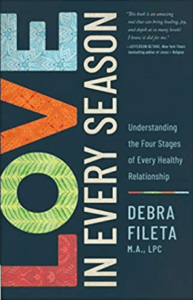







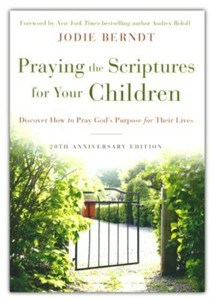

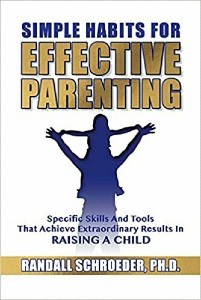

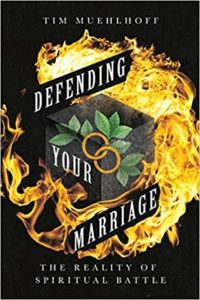

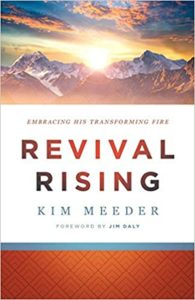







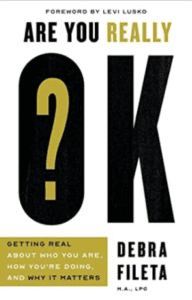



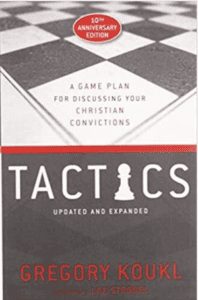

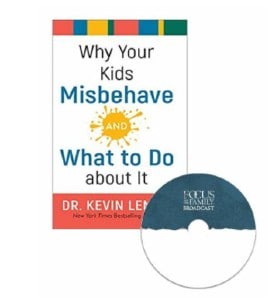







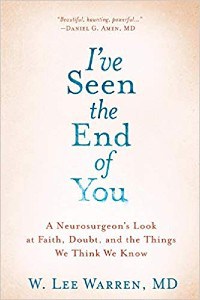










Source: https://www.focusonthefamily.com/faith/how-do-we-know-the-bible-is-true-2/

0 Response to "The Bible and Doing What You Know"
Post a Comment